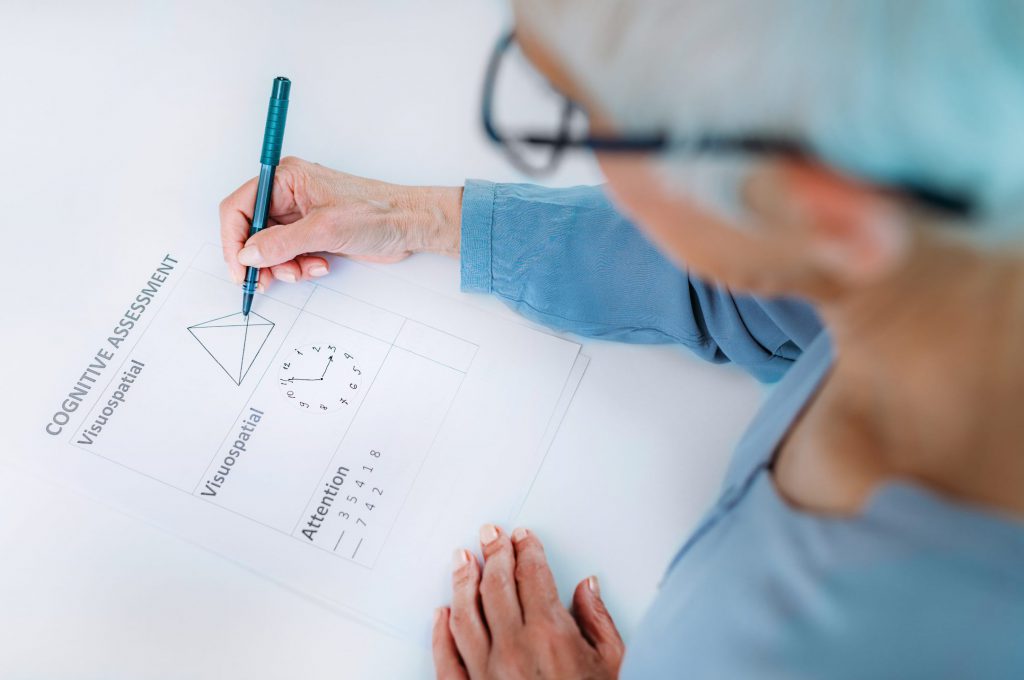Rights, Barriers & Ramps
Staff can feel ill-equipped or lack confidence setting goals with a person who has a communication or cognitive difficulty.
The good news is that everyone can learn how to support people with cognitive and/ or communication difficulties to access and be involved in the G-AP process by considering the following:
- How we support a person’s RIGHT to be involved
- The BARRIERS a person may face to being involved
- The RAMPS that may help a person be involved in a way that suits them

RIGHTS
When someone has a cognitive or communication difficulty, it can be challenging to find out their views and to support their involvement in the G-AP process.
OPEN PAGE
BARRIERS
Communication and cognitive difficulties can make it difficult for people to take part in successful G-AP conversations and activities in partnership with rehabilitation staff.
OPEN PAGE
RAMPS
RAMPS can support people with communication and cognitive difficulties to access and participate in the G-AP process to their full potential.
OPEN PAGE